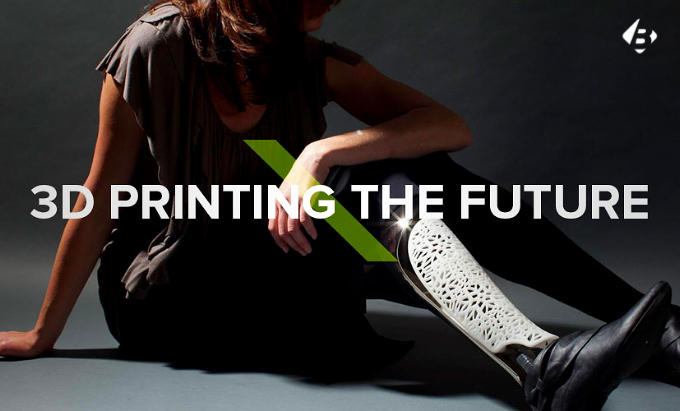
In today’s data-driven business world, access to accurate and actionable insights is crucial for growth and success. This is especially true in the tech industry, where innovation and rapid adaptation are essential for staying ahead of the curve. While data can be a powerful tool, finding the right data and transforming it into actionable insights can be a daunting task.
Enter 3D printing, a revolutionary technology that is not only transforming the tech industry but also providing businesses with a wealth of valuable data. As 3D printing becomes more sophisticated and integrated into manufacturing processes, it generates a vast amount of data that can be used to improve product design, optimize production, and enhance customer experiences.
Revolutionizing Product Design and Development
Traditionally, product design and development have been iterative processes, often involving multiple rounds of prototyping and testing. With 3D printing, businesses can create physical prototypes much faster and with greater precision, enabling them to test and refine designs more efficiently. This accelerated design cycle leads to faster product development, reduced time to market, and ultimately, increased competitiveness.
Optimizing Manufacturing Processes and Supply Chains
3D printing is also transforming manufacturing processes by enabling on-demand production and reducing reliance on large inventories. This distributed manufacturing approach offers several benefits, including:
- Reduced lead times and improved responsiveness to customer demand
- Lower inventory costs and reduced storage requirements
- Greater flexibility in product customization and personalization
Furthermore, 3D printing data can be used to optimize supply chains, identify potential bottlenecks, and improve overall efficiency. By analyzing production data, businesses can gain insights into material usage, machine performance, and production bottlenecks. This data-driven approach leads to streamlined operations, reduced costs, and improved product quality.
Enhancing Customer Experiences and Personalization
3D printing is also empowering businesses to create highly personalized products and services, catering to individual preferences and needs. This level of customization is particularly valuable in the tech industry, where consumer demand for unique and tailored products is on the rise.
3D printing data can be used to analyze customer preferences, identify trends, and develop personalized product offerings. For instance, data from wearable devices and fitness trackers can be used to create customized workout plans and nutrition recommendations. This personalized approach enhances customer satisfaction, strengthens brand loyalty, and drives repeat business.
Unlocking a Data-Driven Future for Manufacturing
3D printing is not just a manufacturing technology; it is a data-generating powerhouse. As 3D printing becomes more widespread, the amount of data generated will continue to grow exponentially. This data will provide businesses with a wealth of insights that can be used to improve product design, optimize production, and enhance customer experiences.
The challenge for businesses lies in harnessing this data effectively and transforming it into actionable insights. This requires robust data analytics tools and a data-driven culture within the organization. By embracing data analytics and leveraging the power of 3D printing, businesses can unlock a future of innovation, customization, and efficiency.
The transformative impact of 3D printing on manufacturing processes and supply chains is remarkable. The ability to analyze production data for efficiency gains not only reduces costs but also positions businesses for increased competitiveness in a dynamic market.
As a business consultant, I’ve seen the demand for innovative solutions. This article on 3D printing caught my eye—fascinating how it’s shaping manufacturing. The idea of faster product development and personalized offerings is intriguing. I can see how this technology could revolutionize industries and boost competitiveness
In marketing, staying ahead of trends is crucial. The concept of 3D printing generating valuable data for personalized products is quite exciting. It makes me wonder about the potential for unique marketing campaigns tailored to individual preferences. This could definitely be a game-changer for brand engagement and loyalty
I share your excitement about 3D printing in marketing! The idea of leveraging data for personalized products is intriguing. Do you think this could open up new possibilities for targeted and highly engaging marketing campaigns? I’d love to hear your thoughts on the potential impact on brand loyalty and customer engagement.
Managing HR processes involves catering to individual needs, and the idea of 3D printing enhancing personalization resonates with me. I can see potential applications in creating customized workplace tools or resources. It’s exciting to think about how technology can contribute to a more personalized and engaging work environment
As someone managing logistics, efficiency is key. The part about 3D printing optimizing supply chains and reducing lead times caught my attention. It sounds like a practical solution for streamlining operations. I’m curious about how this technology could impact the logistics landscape and improve overall efficiency